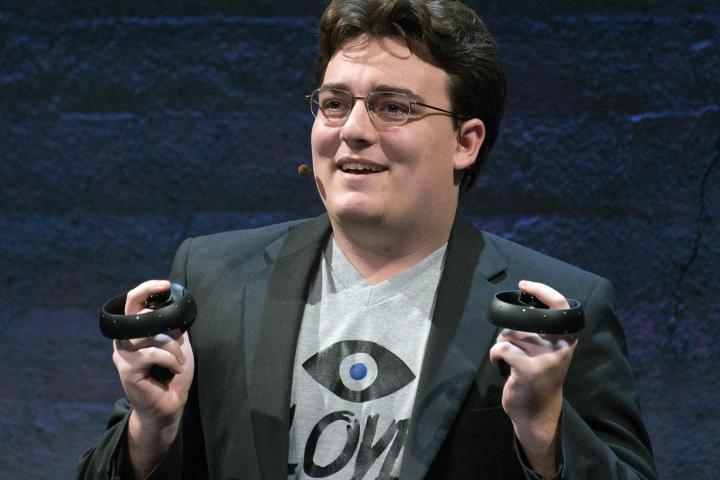
It was decided that Palmer Luckey — and by extension Oculus, the company he co-founded — did not comply with a nondisclosure agreement that he had signed. The jury also ruled that Oculus did not misappropriate trade secrets, as Zenimax had claimed, according to a report from Polygon.
Oculus will be forced to pay $200 million for breaching the non-disclosure agreement, as well as $50 million for copyright infringement. The company and Luckey will each have to pay $50 million for false designation, and its co-founder Brendan Iribe will have to pay $150 million for the same charge. While the total sum is $500 million, Oculus itself is only paying $200 million — a stiff fine, but likely not enough to be life-threatening for the company.
Oculus is backed by Facebook, and the damages set to be paid don’t come close to equaling what the social media giant paid for the company in 2014. Facebook has shown no signs of losing faith in virtual reality’s potential for the future, so it’s unlikely that we’ll see Oculus suffer too much as a result of this ruling.
It’s worth noting that ZeniMax’s attorney, Anthony Sammi, called for the company to receive a much larger sum in his closing argument. Sammi argued that the company deserved $2 billion in compensation, and that Oculus should be subject to a further $2 billion in punitive damages.
This dispute got underway when John Carmack left his role at the ZeniMax-owned id Software to become Oculus’ CTO, having split his time between the two companies for several months. It was alleged that Carmack had taken knowledge and technology developed during his time at ZeniMax with him when he joined Oculus full time.
However, Oculus has long since held the position that Carmack cut ties with ZeniMax because he was eager to work with virtual reality, and wasn’t given the opportunity to do so. Attention was drawn to the fact that ZeniMax started its legal action just weeks after Oculus was bought by Facebook in a $2 billion deal.
Following the verdict, Carmack released his own statement on Facebook, saying that he “never tried to hide or wipe any evidence” — in reference to ZeniMax’s claim that he had intentionally erased data and even research how to do so using Google — and denied that source code owned by Id Software was “non-literally copied” and given to Oculus.
“The analogy that the expert gave to the jury was that if someone wrote a book that was basically Harry Potter with the names changed, it would still be copyright infringement,” Carmack continued. “I agree. That is the literary equivalent of changing the variable names when you copy source code. However, if you abstract Harry Potter up a notch or two, you get Campbell’s Hero’s Journey, which also maps well onto Star Wars and hundreds of other stories. These are not copyright infringement.”
Carmack also said that the code examples used in the courtroom isn’t in the public record, and that “the internet would have viciously mocked the analysis” had it been released.
The $500 million will likely go a long way for ZeniMax, given that the company was valued at around $2.5 billion in 2016. On the other hand, it seems that Oculus got off fairly lightly, given the scope of the charges leveled against them.
What’s more, the fact that it was decided that Oculus didn’t misappropriate trade secrets will allow the company to downplay its misdeeds. The breach of a nondisclosure agreement is hardly as damning as allegations that the company stole the technology used as the basis for its flagship product, the Rift.
Oculus apparently plans to appeal the decision. “The heart of this case was about whether Oculus stole ZeniMax’s trade secrets, and the jury found decisively in our favor,” a spokesperson for the company told Polygon shortly after the ruling. “We’re obviously disappointed by a few other aspects of today’s verdict, but we are undeterred.”
Updated on 02-03-2017 by Gabe Gurwin: Added statement from John Carmack on trial verdict.


